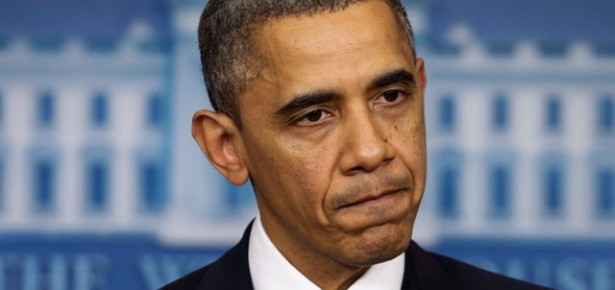
Is there too much negativity in politics? Popular accounts certainly suggest that there is. Journalists, academics, and politicians regularly lament the volume of negativity in political news content, for instance. My own view is that negativity may not be problematic, for at least two reasons.
First, negativity may offer an efficient way to select the information we most need to pay attention to. We live in a very complex world, and we cannot possibly pay attention to everything. Work across a number of social and physical sciences thus points to some advantages of prioritizing negative information. Positive information is less likely to require a change in behavior. (If things are going well, just keep doing what you’re doing.) The consequences of a single negative event can also be much more dire than a positive event can be beneficial. Focusing mostly on negative information may be an efficient way of managing what is otherwise an overwhelmingly complex political environment.
Second, contrary to what many have come to believe, negativity in politics may be limited. It may be that we do not always exhibit negativity biases. Indeed, given sufficiently negative circumstances we may well exhibit positivity biases.
I draw here on psychology research on “impression formation.” This work argues that we form our impressions of other people based on a number of dimensions — and we care most about those dimensions on which an individual is assessed negativity. Put differently: even when we have lots of positive information about someone, only one negative piece of information can fundamentally alter our view of that person.
Some of this work also argues that we pay close attention not to negative information, but to information that is furthest from our expectations. We tend to have marginally positive expectations of most people. One result, as we build our assessments of others, is that negative information is further from our expectations.
It may be that we do not always exhibit negativity biases. Indeed, given sufficiently negative circumstances we may well exhibit positivity biases.
If attentiveness is driven by the gap between information and expectations, we may not always exhibit negativity biases. If our expectations change, then so should our attentiveness to negative information.
Can our expectations change? My work on public opinion and the economy suggests that they can, and our attention to negativity can change as well. When the economy is particularly bad, for instance, we start paying closer attention to positive economic news. A small drop in unemployment is barely newsworthy when the unemployment rate is 3 percent, but the same drop is really newsworthy when the unemployment rate is 10 percent.
These findings have important implications for the way in which we understand mass media and politics. First and foremost, they offer an account of why political news is so regularly negative. But they also suggest that this negativity is limited; and they point to situations in which positive information might dominate. In the context of a prolonged, very negative campaign, does positive information start to generate more attention? If all political ads are negative, do voters become especially attentive to positive ads?
I suspect that the answer to these questions is Yes. If this is true, then we have an account of politics that is not about our interest in negativity, but our interest in information that is furthest from our expectations. We also have a sign that politics needn’t be (and in fact isn’t) endlessly negative.
Latest Comments
Have your say!